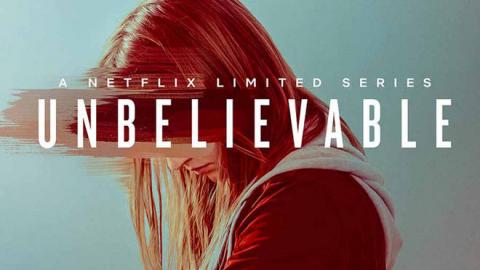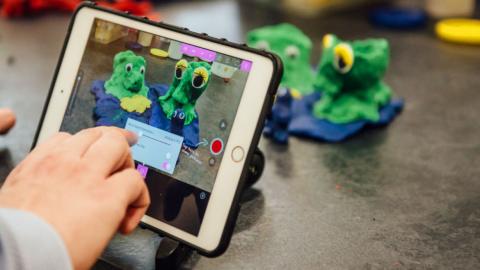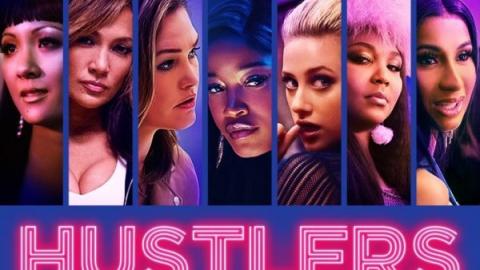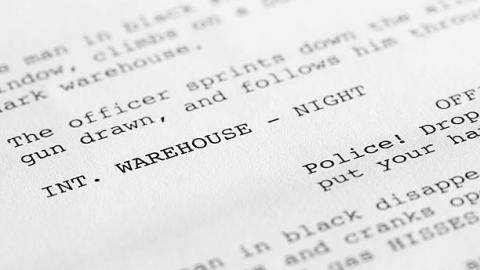If Leo Wins Best Actor, It Will Be Because of Emmanuel Lubezki
Share with friends
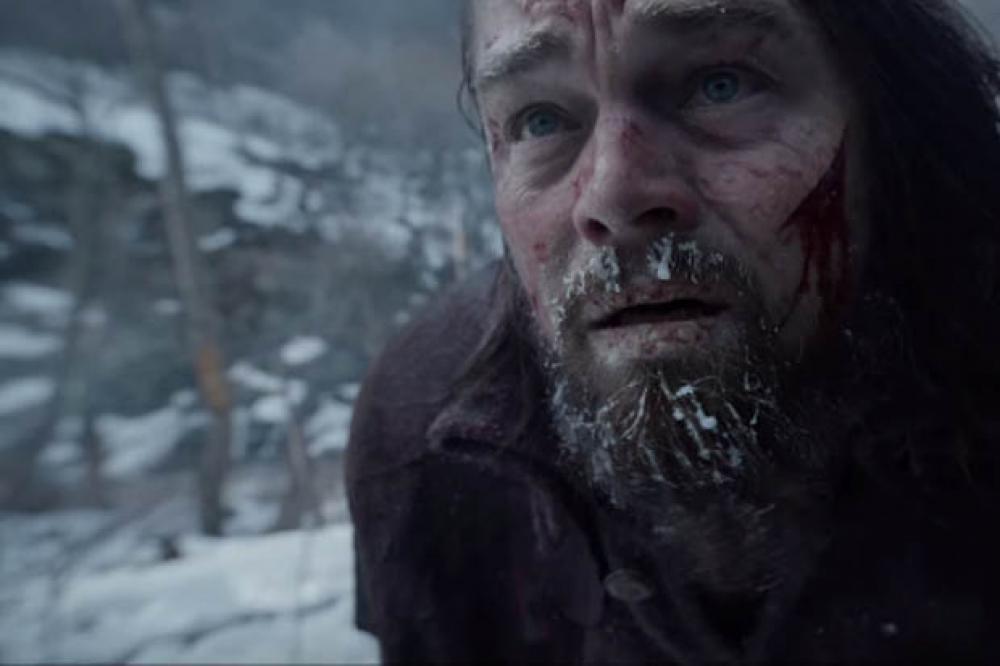
Note: This post contains some spoilers
According to the New York Daily News, “giving the best actor Oscar to anyone but Leonardo DiCaprio this year would be a titanic mistake.” Terrible pun aside, it's the question on everyone's mind. Will DiCaprio finally get an Oscar this year after six nominations with no wins?
Nominated for his role in The Revenant, DiCaprio plays Hugh Glass, an American fur trapper who is betrayed and left for dead by his men. Leo plays Glass as determined, vengeful and constantly in pain, replete with his trademark shrieks and facial-distortions.
It’s a strong showing, to be sure, but it may be getting more credit than it deserves. There's another genius at work here, one who may have a lot more to due with the emotions Leo's performance elicits than is immediately apparent. Without the vision of cinematographer Emmanuel Lubezki, AKA “Chivo”, DiCaprio’s performance may have been less special, even flat. Lubezki puts the audience right up next to DiCaprio, sometimes directly in Glass' shoes, and he does it with such precision that the camera essentially becomes Glass. This begs the question: if the audience essentially is Hugh Glass for the duration of The Revenant, how much credit does DiCaprio deserve?
The au naturale lighting and awe-inspiring setting provide a daunting gauntlet for Lubezki's camera to move through. The vast landscapes create a disturbing feeling of loneliness. Throughout Glass’ trek back towards civilization, we are shown more and more openness, with fewer and fewer signs of human life. As the movie drags slowly on through these vacant, dreary landscapes, the audience feels exhausted, just as Glass does. I found myself empathizing with Glass not because of DiCaprio's portrayal of exhaustion, but because I had traveled virtually through the same reality he had.
Another way Lubezki turns the audience into a character is in by allowing physical reality onto the lens itself. In the midst of a fight scene when someone gets stabbed, blood spews out onto the camera lens. In another, Glass exhales cold air directly onto it. These small tactics force the viewer into the story, for sure, but they also force us into Glass.
My favorite shot of the film sees Glass sleeping against a tree when he is suddenly woken up by an arrow thudding into the trunk. The camera, low on the ground, visibly stumbles behind Glass as he jumps to his feet:
The camera is then raised higher as Glass stands up, then all but follows him up onto his horse to flee. As Glass is chased, he turns around to look at who is behind him, and the camera pans around to look as well. We don’t fear for Glass’ life as much as we fear for our own.
My second favorite scene happens as Glass runs away from the same tribe. Seeing them from afar, with no other means of escape, Glass slips into the river. What he doesn’t know, however, is that there are waterfalls up ahead. Lubezki employs a handheld camera, struggling at the surface of the water. A series of blackouts and cuts work as brief moments of panic and blacking out. We are hearing, seeing, and feeling what DiCaprio is. We only flash to his face for a few brief seconds.
As the film comes to a close, we behold Glass’ face, covered in cuts and snow, with bloodshot and teary eyes. DiCaprio ever so slowly turns to the camera, gasping as he looks directly into it. His expression here was magnificent, filled with remorse, but also relief. However, by acknowledging the camera, he is, in a way, admitting that we were right there with him the whole time. We didn’t watch him experience something, we experienced it too. This is Lubezki’s genius.
